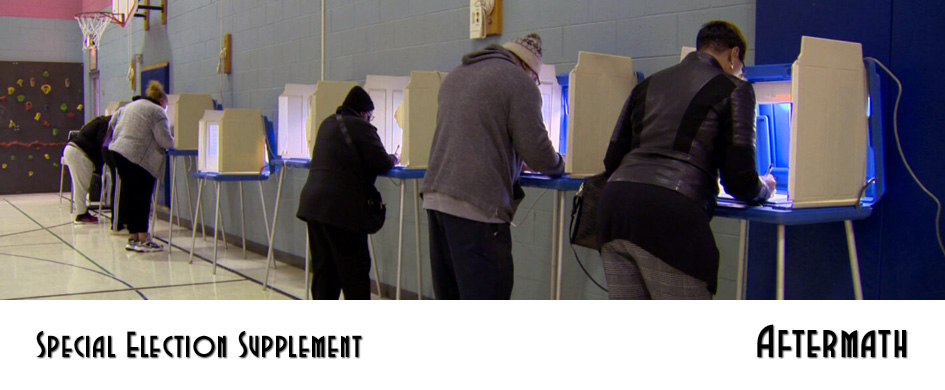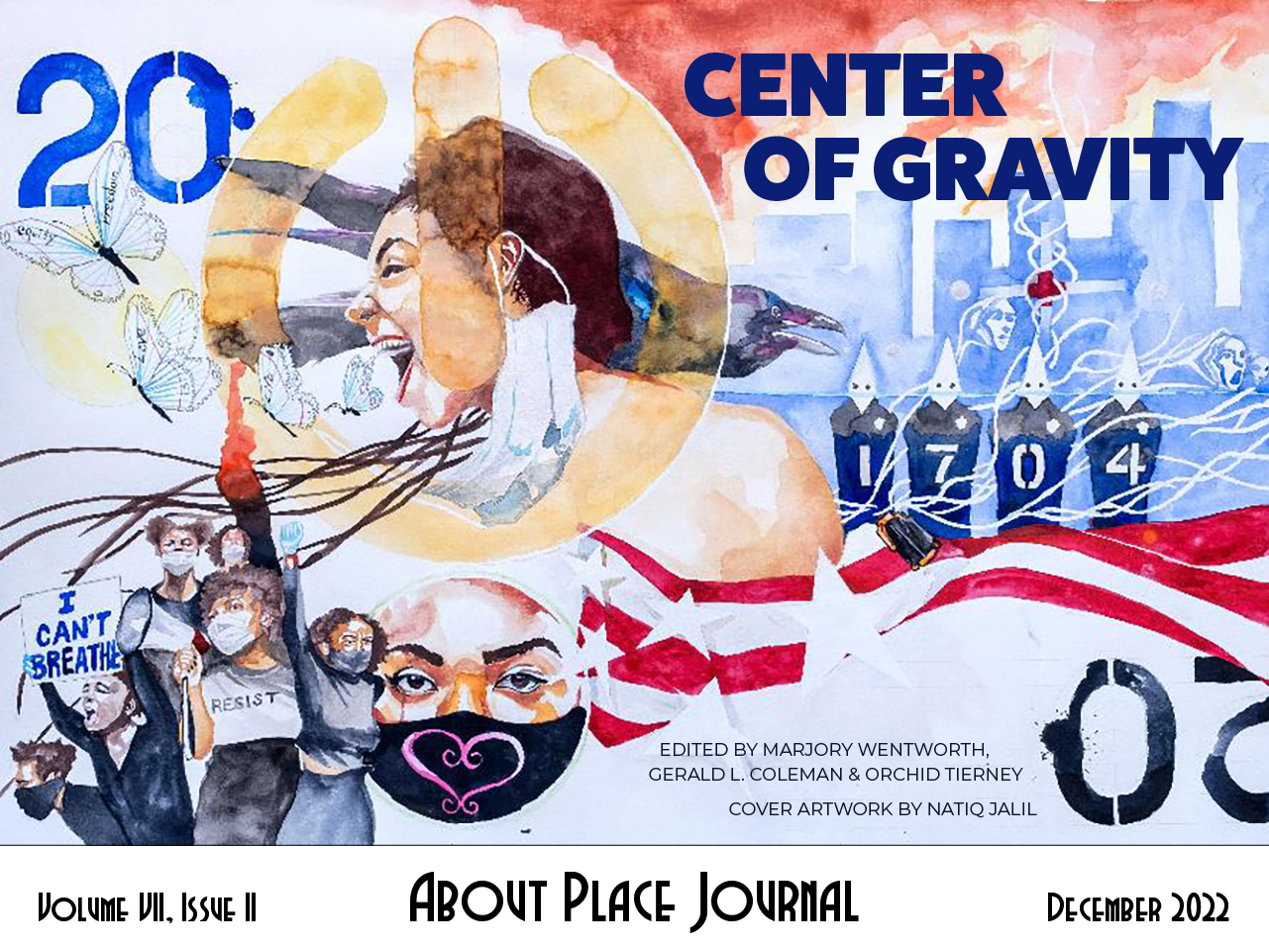On election night I was staying in lower Manhattan with a friend, who at 11 pm turned on one of the commercial television news stations. I avoid commercial news, but I was intensely interested in the election returns and so I sat to watch. The anchors’ appalling ignorance of how elections are conducted in this country was matched only by their ignorance of the American Empire outside the New York metropolitan area. This did not prevent their making sweeping predictions on the basis of little or no evidence.
The stations switched from one New York election to another with dizzying speed, searching for a reporter who had a novel way of saying, “There’s nothing to report.” Having nothing to report, the anchors and the reporters repeated the myth of the so-called “red wave,” the latest narrative fabricated by click-hungry editors, even though there was no red wave and there never would be.
Online media was worse. Every major site, including the New York Times, fabricated close races where “close” did not exist—because to declare a winner was to lose the all-important online click. So important was the myth of the red wave that NPR reported Arizona’s Adrian Fontes “narrowly” defeating election denier Mark Finchem in the race for Secretary of State. In fact Fontes led comfortably from the first and as of this writing is up more than 120,000 votes—practically a landslide in today’s elections.
Does one focus on the election of the sane and courageous Katie Hobbs to the Arizona governorship by the slimmest of margins? Or on the fact that almost half of those voting chose the Trump acolyte Kari Lake—who, it is relevant to note, was pro-choice, anti-gun before her career as a local anchor for Fox News?
How, in the era of Twitter and the twenty-four-hour news cycle do we cultivate slow thinking? Despite exhortations from none other than former president Obama, the answer lies not in pouring more money into STEM (“Straight-acting, Tech-obsessed, English-speaking Men”) but into the arts and humanities.
***
Let’s crunch some numbers. 2021 arts funding by local, state, and federal governments combined totaled $1.31 billion, or slightly less than $4 per U.S. citizen. 2021 federal military spending totaled $801 billion, or $2,420 per U.S. citizen. During that same period, spending in arts and culture contributed $919 billion to the American economy, while munitions manufacture contributed $70 billion.
Why is our society riddled with violence? Why are we asking this question, whose answer is so neatly and obviously embodied in our government spending priorities? For an amusing thought experiment, consider the impact of reversing those spending priorities.
I am impatient by nature; I am timid by nature, a fear instilled deep in my psyche by growing up gay in the rural South. To the extent that I have learned patience and courage, it has been through reading and writing. Courage and love are like trees in so many ways: One may till and fertilize and prune, but they grow at their slow organic pace. Poetry, fiction, music, dance, history, philosophy, art—fertilizers of the imagination; fertilizers of the heart, which is why they are the first targets of the demagogues, and why they must be starved.
***
I am cheered, of course, by the news from this election cycle. One wants to think that the Empire’s latest brush with demagoguery has been avoided—though Trump is still with us, and Ron DeSantis is waiting in the wings, and neither will ever lack for a Mitch McConnell to scrape and bow and lick boot.
With the trauma and damage of social media and the twenty-four-hour news cycle apparent on all sides, I propose a new motto: Move slow and repair things. At least since the 1500s the West has lived extravagantly, consuming resources in the unexamined conviction that the earth’s abundance and man’s technology would always be sufficient to fuel our greatest greed.
A problem five hundred, a thousand, three thousand years in the making will not be solved in a four-year presidential term. Transforming the Age of Move Fast and Break Things to the Age of Slow Thinking will require as long as it took to get us here in the first place. The problem is that we don’t have that time, but ignorance is no defense in the face of the law—in this case, the inescapable, impartial laws of physics.
Do we hurtle onward, or scale back before the Earth takes care of herself by doing the job for us? To find the answer, take a moment to compare advocates of moving fast (Elon Musk, Mark Zuckerberg) with those of slow thinking (Vandana Shiva, Winona LaDuke). Our choice is whether to continue down the ever-steeper path to self-destruction or to respect and participate in the Earth’s need to heal herself.
These are rambling thoughts, arising from the blend of my cheerfulness at the rejection of the election-denier lies and my certainty that the fear, insecurity and greed on which they were built are ever with us.
In the classroom I offer students the example of Frederick Douglass: An enslaved man who escaped to the free states, he became a lifelong activist for human rights. With the end of the Civil War and the passage of the Thirteenth Amendment outlawing slavery, he must have felt American democracy had finally arrived.
But then came the corrupt election of 1876, in which the Republicans sacrificed the rights and lives of black people for the prize of the presidency. The Southern states immediately began implementing Jim Crow laws, with lynchings, burnings, and mob rule as their means of enforcement. At the time of Douglass’s death in 1895, the situation for black people was arguably as bad, if different, as before the carnage of the Civil War.
But that does not change the nobility of Douglass’s quest or the necessity and significance of his life. Chop wood, carry water.


